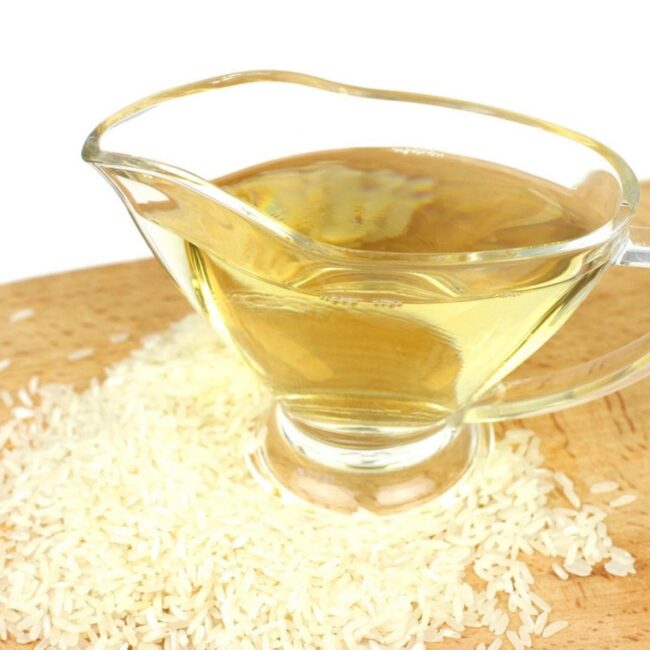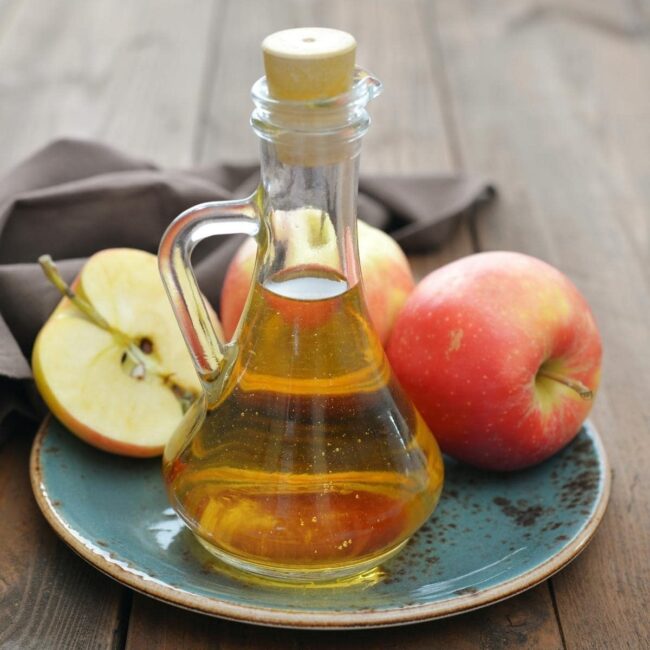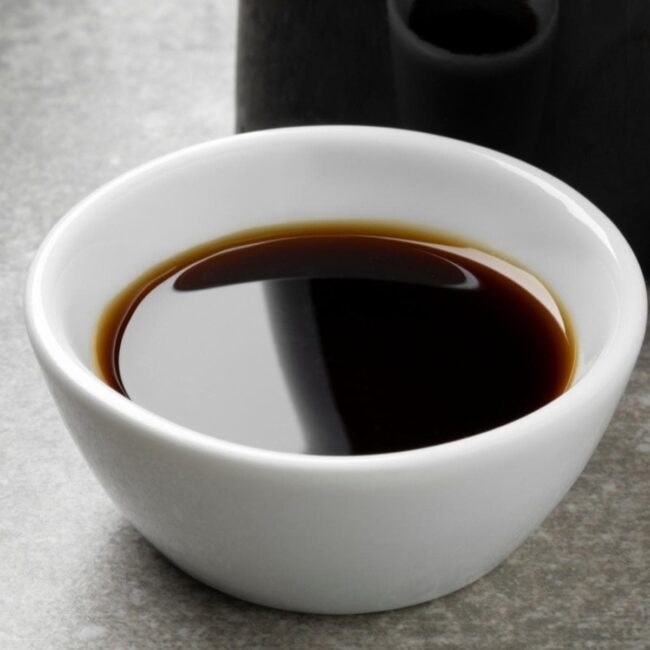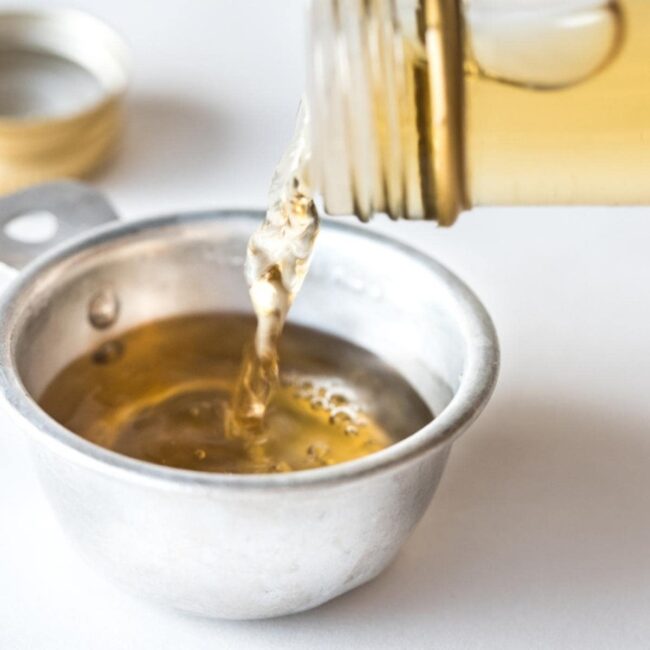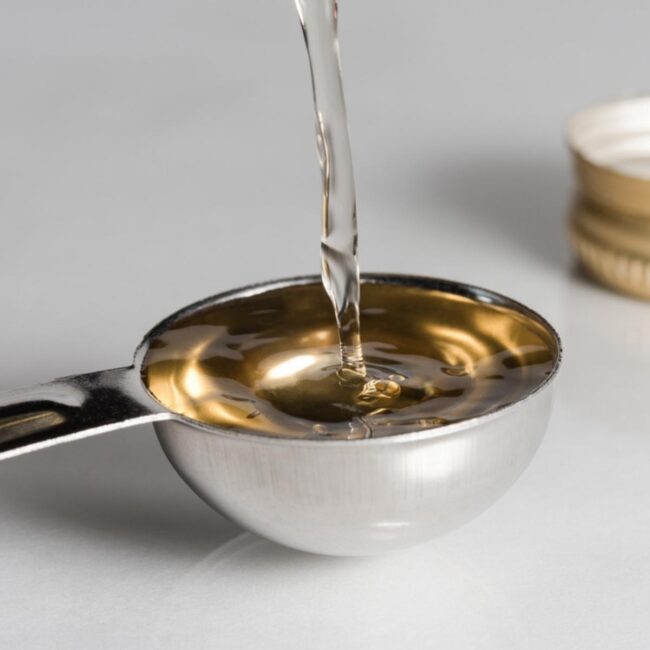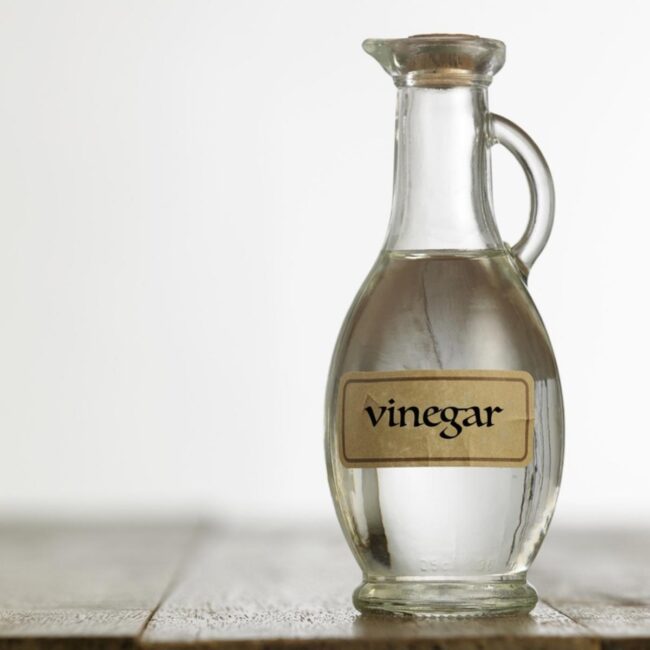6 Handy Vinegar Substitutes for Cooking and Pickling
Perfect substitutes for vinegar bring the right balance of acidity and tang without altering a dish’s character. Some options maintain a sharp, bright taste, while others offer a softer, slightly sweet undertone.
The best choice depends on how it’s used, whether for cooking, pickling, or dressing. A few alternatives add complexity to marinades, while others work well for finishing dishes.
Certain substitutes preserve the depth of flavors while keeping the acidity intact. Looking for a vinegar replacement?
These 6 options are worth trying:
Best Ways to Swap One Vinegar for Another
Learn how to replace different types of vinegar in recipes without altering the flavor too much.
Rice Vinegar
Rice vinegar serves as a key ingredient in many Asian dishes, known for its subtly sweet profile that enhances various sauces. Its unique flavor makes it an excellent choice when crafting dressings or marinades.
If you find yourself without rice vinegar, white wine vinegar combined with a touch of sugar can closely mimic its taste; simply mix one tablespoon of white wine vinegar with ¼ tablespoon of sugar to achieve a similar effect. For another alternative, apple cider vinegar paired with a bit of added sweetness, just ¼ teaspoon, works well too.
Each substitute allows you to maintain the essential flavors and character in your cooking while exploring new dimensions in taste.
Apple Cider Vinegar
Apple cider vinegar is a popular ingredient frequently incorporated into dressings and various dishes for its health-enhancing properties.
When you find yourself out of apple cider vinegar, consider using double the amount of white wine vinegar as a substitute; this means replacing one tablespoon with two tablespoons.
Although the health benefits may vary, you'll still achieve a similar tangy flavor profile in your recipes.
The versatility of these vinegars allows them to complement many cuisines effortlessly, making it easier for you to adapt any dish on short notice without sacrificing taste.
Balsamic Vinegar
Balsamic vinegar serves as a rich, sweet ingredient that enhances a variety of dishes and dressings with its unique flavor profile. This vinegar is lower in acidity compared to others and undergoes an aging process similar to wine, which contributes to its distinctive taste.
If you're looking for alternatives due to availability or cost, brown rice vinegar can seamlessly replace it at a one-to-one ratio. Alternatively, crafting your own balsamic substitute is simple; mixing apple cider vinegar with honey creates an effective alternative that closely mimics the original’s sweetness and depth.
Utilizing these substitutes allows you to maintain the intended flavor without compromising on quality or experience in your cooking endeavors.
Champagne Vinegar
Champagne vinegar is a unique ingredient known for its bright flavor and lower acidity, often gracing gourmet salads and refined dishes. Chefs favor this mild vinegar for marinades that enhance the natural taste of meats without overwhelming them.
When looking for alternatives, opt for white or red wine vinegar; their subtle profiles maintain balance in recipes without introducing overpowering flavors. The substitution remains straightforward with a 1:1 ratio, ensuring you achieve delightful results every time you cook.
By choosing wisely among these options, your culinary creations will shine beautifully at any dining table.
White Wine Vinegar
White wine vinegar serves as a tangy ingredient that enhances dishes with its distinctive acidity and flavor. When you find yourself without this staple, rice vinegar makes an excellent alternative due to its similar acidic profile.
Simply replace each tablespoon of white wine vinegar with the same amount of rice vinegar for your recipes. For those seeking another option, real white wine can also step in seamlessly, adding depth to your meals while maintaining the intended taste balance.
With these substitutes on hand, crafting flavorful dishes becomes effortless even when you're short on specific ingredients.
White Vinegar
White vinegar serves as a versatile ingredient in cooking and cleaning, offering a sharp flavor that enhances various dishes. When it runs out, cider vinegar and malt vinegar stand ready to take its place due to their comparable bold taste profiles.
Using these alternatives won’t compromise your recipes; simply replace each tablespoon of white vinegar with an equal measure of either option. This straightforward substitution keeps the essence of your dish intact while adding subtle nuances from the chosen alternative.
Finding replacements can be simple when you know what works just as well for enhancing flavors in meals.
Other Vinegars You Can Use Instead
When you're exploring substitutes for vinegar, you'll discover various alternatives that can enhance your dishes. Here are some excellent options to consider:

